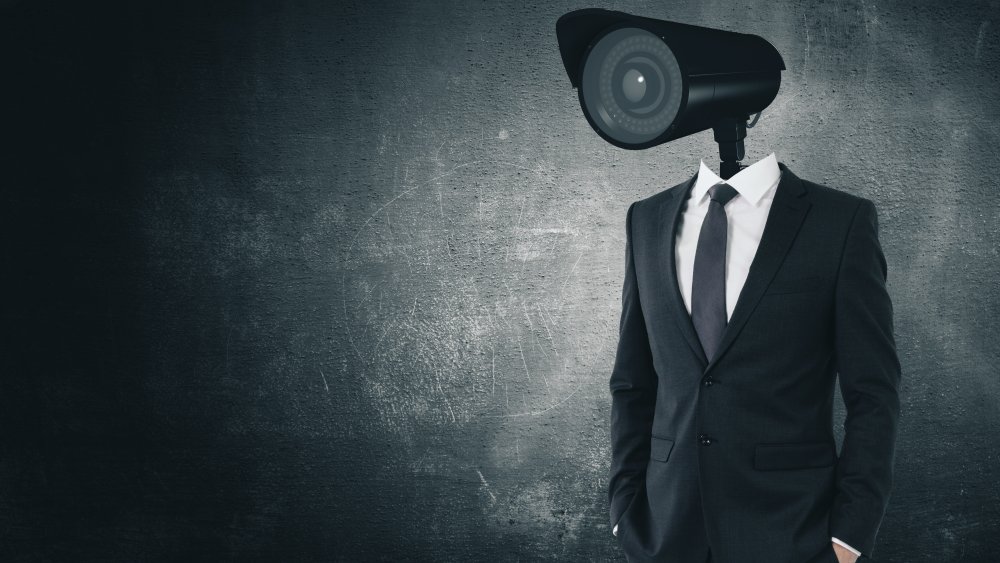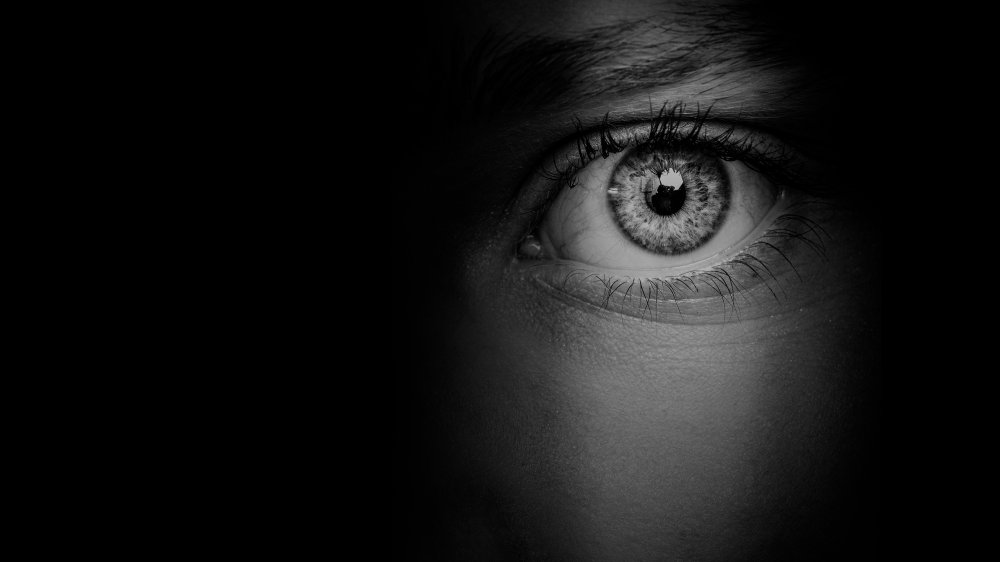The Real Difference Between The FBI And CIA
The Soviet Union kind of rolled it all into one departmental ball with its KGB. The KGB — translated, roughly, as "Committee for State Security" — was rightly feared for its reach, functioning not only as a foreign intelligence operation but as a homeland secret police. History calls the KGB's reputation "notorious," while pointing out that Russia's current premier, Vladimir Putin, served as a KGB foreign intelligence officer from 1975 to 1991.
Now, over in the U.S., former president George H.W. Bush headed up the CIA for just less than a year in the seventies. America's national-level security forces are compartmentalized, some of them quite secret indeed. Two of the more prominent forces for good (or so you hope) are the FBI, or Federal Bureau of Investigation, which is headquartered in Washington, D.C., and the CIA, or Central Intelligence Committee, with its headquarters in Langley, Virginia. Both are successor agencies, so to speak. The FBI grew out of the Department of Justice, recognizing a need for an investigative agency for matters involving crime that crossed state boundaries, or had an impact on the national level. It was named the Bureau of Investigation in 1909, and in 1935 became the Federal Bureau of Investigation. It dealt — and deals — with domestic matters, particularly federal lawbreaking, such as kidnapping, bank robbery, domestic terrorism, and civil rights violations, according to the FBI web site.
One arrests, the other collects
An important distinction between the FBI and the CIA is the matter of making arrests. The FBI does, the CIA doesn't.
As the FBI itself explains it, the CIA gathers and analyzes information. It has no law enforcement function. Nor does it collect intelligence on U.S. citizens, as the Agency's website details: "The CIA does not collect information concerning the domestic activities of US citizens, but its foreign intelligence collection mission can be conducted anywhere." The FBI investigates crime, while the CIA collects intelligence. Most CIA officers "do not carry weapons." You'll just have to take their word on that.
The U.S. is not the only country who make these distinctions. For instance, the English have MI-5 and MI-6, the latter being home to spies like James Bond, and responsible for "gathering intelligence outside the UK in support of the government's security, defence, foreign and economic policies," as the MI-5 website explains. MI-5, on the other hand, handles more in-country intelligence issues — though not exclusively, as they can work outside the borders when necessary.

